In the realm of insect bites, two of the most everywhere culprits inducing skin discomfort are spider bite vs mosquito bite. Despite initial similarities, these bites exhibit marked differences in their origin, effects on the human body, and treatment methodologies.
We want to thoroughly examine the nuances of both spider bites and mosquito bites in this all-encompassing text, methodically contrasting their distinctive characteristics.
By the end of this reading, you will have gained a complete understanding of these annoying bites, enabling you to recognise and control them with skill.
Page Contents
- Spider Bite Vs Mosquito Bite
- 1. Spider Bites: Perceptive Insights and Astute Identification
- 2. Mosquito Bites: Pernicious Pests
- 3. Deciphering Distinctions: Spider Bite vs. Mosquito Bite
- 4. Mitigating Insect Bites: Taking Proactive Measures
- Precautions for the Spider bite and mosquito bite
- 6. The Significance of Seeking Expert Counsel
- 7. Epilogue: Seizing the Reins of Outdoor Adventures
Spider Bite Vs Mosquito Bite
1. Spider Bites: Perceptive Insights and Astute Identification
The mere thought of spider bites frequently brings to mind dangerous and deadly spiders.However, the majority of spider species pose no threat to humans. Few possess venom that is strong enough to cause noticeable reactions.
Identification:
Spider bites are characterized by two minuscule puncture marks that closely resemble fang bites. Typically, these bites manifest as inflamed, red welts, accompanied by discomforting pain and itching. In severe cases, individuals may experience muscular pain, fever, and chills.
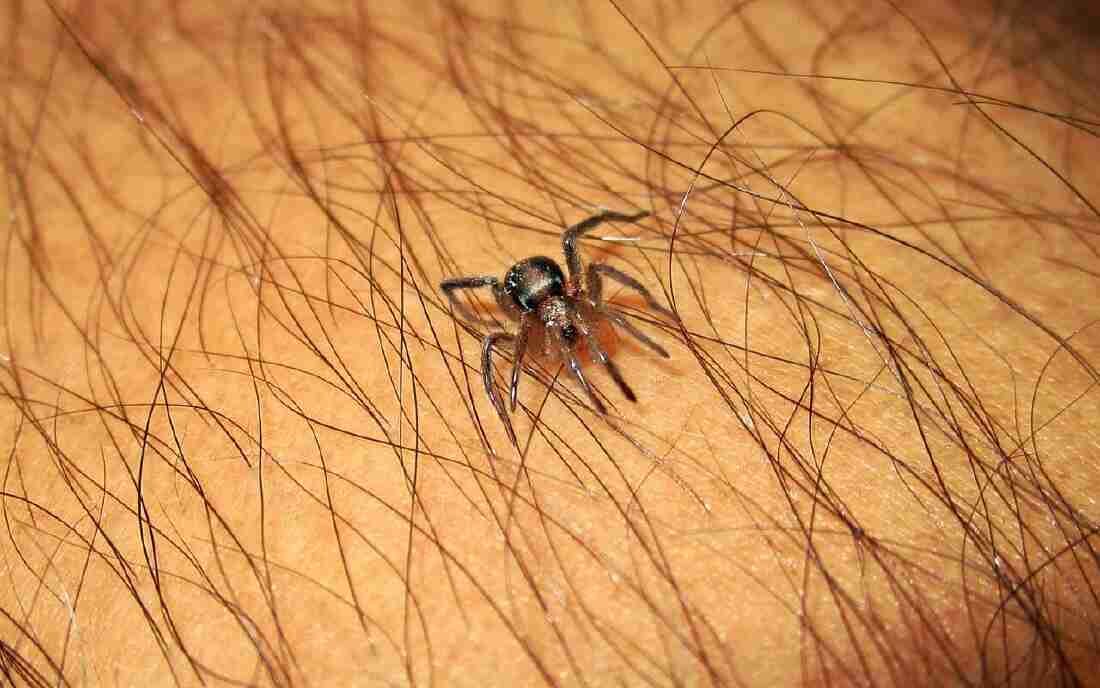
Venomous Spiders:
Among the pantheon of venomous spiders, the black widow and the brown recluse is prominent. The bite of a black widow may precipitate muscle cramps, perspiration, and abdominal pain, while the bite of a brown recluse can give rise to skin ulcers and tissue damage.
Treatment:
For the most part, spider bites can be effectively managed at home through meticulous cleansing with mild soap and water, the application of soothing cold compresses, and the prudent application of over-the-counter painkillers.
However, it is crucial to seek prompt medical attention if you believe you have been bitten by a brown recluse or a black widow.
2. Mosquito Bites: Pernicious Pests
Conversely, mosquitoes, those ubiquitous nuisances, can be found in virtually every corner of the globe. They may easily ruin even the most enjoyable outdoor outings with their annoying high-pitched buzzing and annoyance-inducing bites.
Identification:
Mosquito bites often appear as little, round, raised pimples that are reddish-pink in colour. While they may incite mild discomfort and itching for most individuals, certain individuals may be prone to more severe allergic reactions.
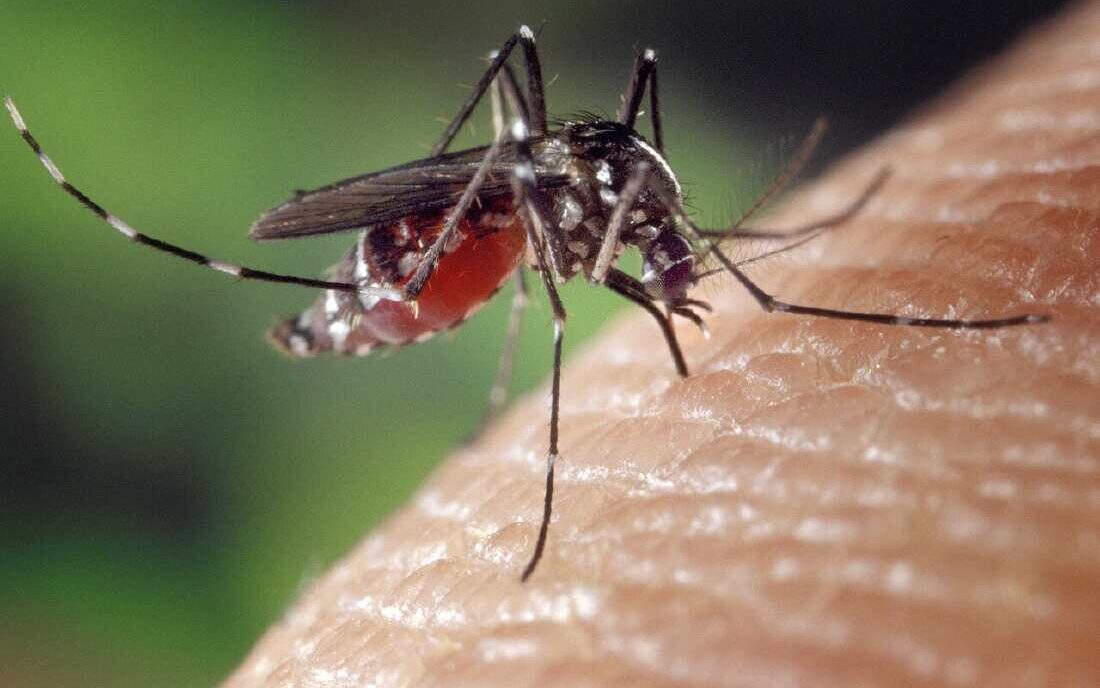
Vectors for Diseases:
In contrast to spider bites, mosquito bites can act as carriers of a variety of diseases. These bloodsucking insects can facilitate the transmission of dreaded afflictions such as malaria, dengue fever, Zika virus, and West Nile virus, thus meriting them a significant public health concern.
Prevention:
Mitigating mosquito bites assumes paramount importance in regions susceptible to mosquito-borne diseases. The danger of mosquito bites can be significantly reduced by using insect repellents, wearing long sleeves, and removing standing water sources from one’s surroundings.
3. Deciphering Distinctions: Spider Bite vs. Mosquito Bite
After highlighting the distinguishing characteristics of spider bites and mosquito bites separately, we now highlight the key differences between these two types of bug bites:
Spider Bites
- Origin: Spider bites are a defensive response wherein a spider perceives a threat and injects venom through its fangs.
- Puncture Marks: The hallmark of spider bites lies in the presence of two-minute puncture marks, setting them apart from other insect bites.
- Severity: Although the majority of spider bites are benign, some species, such as black widows and brown recluses, have the potential to trigger severe symptoms.
Mosquito Bites
- Origin: Mosquito bites result from the female mosquitoes’ quest to procure nourishment for their eggs, rendering them non-defensive in nature.
- Bumps: Mosquito bites typically yield elevated, pruritic bumps devoid of discernible puncture marks.
- Disease Transmission: Diverging from spider bites, mosquito bites confer the peril of disease transmission, encompassing afflictions like malaria, dengue, and West Nile virus.
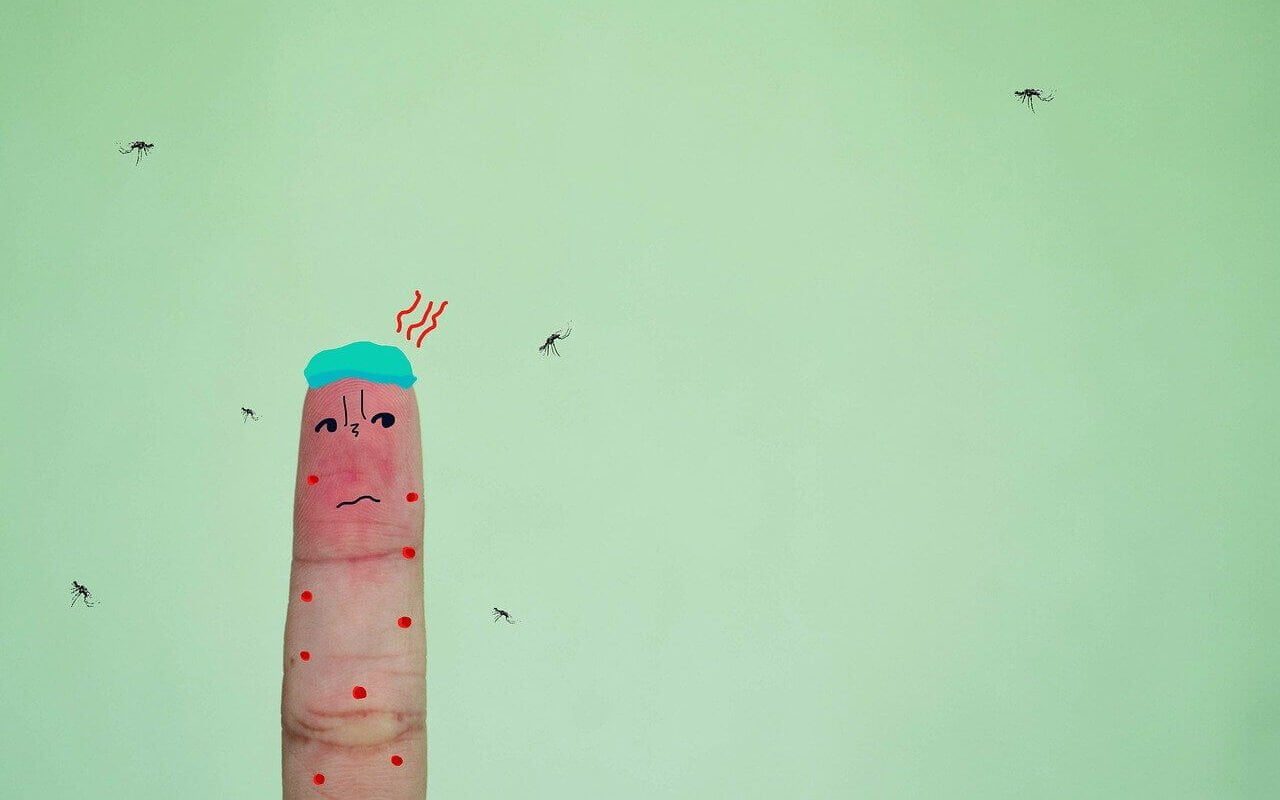
4. Mitigating Insect Bites: Taking Proactive Measures
Precautions for the Spider bite and mosquito bite
Dealing with the aftereffects of insect bites, whether from spiders or mosquitoes, is clearly preferable to preventing them. Here, we list effective prophylactic strategies to reduce your risk of contracting these annoying bites:
Spider Bite Prevention
- Aversion of Dimly Lit and Cluttered Spaces: Spiders tend to thrive in dark, untidy environments. Regular cleansing and decluttering of living spaces serve to minimize their hiding sanctums.
- Sealing Cracks and Holes: Ensuring the meticulous sealing of apertures in doors, windows, and walls thwarts the ingress of spiders into one’s domicile.
- Utilizing Insect Screens: Installing insect screens on windows and doors furnishes an impregnable barrier, deterring spiders from infiltrating living spaces.
- Thoroughly Shaking Clothing and Footwear: Before donning garments left unused or lying on the floor, ensure a vigorous shake to dislodge any clandestine arachnid residents.
Mosquito Bite Prevention
- Employing Mosquito Repellents: Utilizing insect repellents containing DEET, picaridin, or oil of lemon eucalyptus while engaging in outdoor pursuits, particularly during peak mosquito activity hours, constitutes prudent preventive measures.
- Enveloping Exposed Skin: Donning long-sleeved shirts, long pants, and socks serves to diminish the expanse of exposed skin available for mosquitoes to assail.
- Adopting Mosquito Nets: When inhabiting regions teeming with mosquito populations, enshroud one’s bed with mosquito nets to augment protection during slumber.
- Eradication of Stagnant Water: The eradication of stagnant water reservoirs in proximity, such as flowerpots, buckets, and puddles, hampers mosquito breeding and propagation.
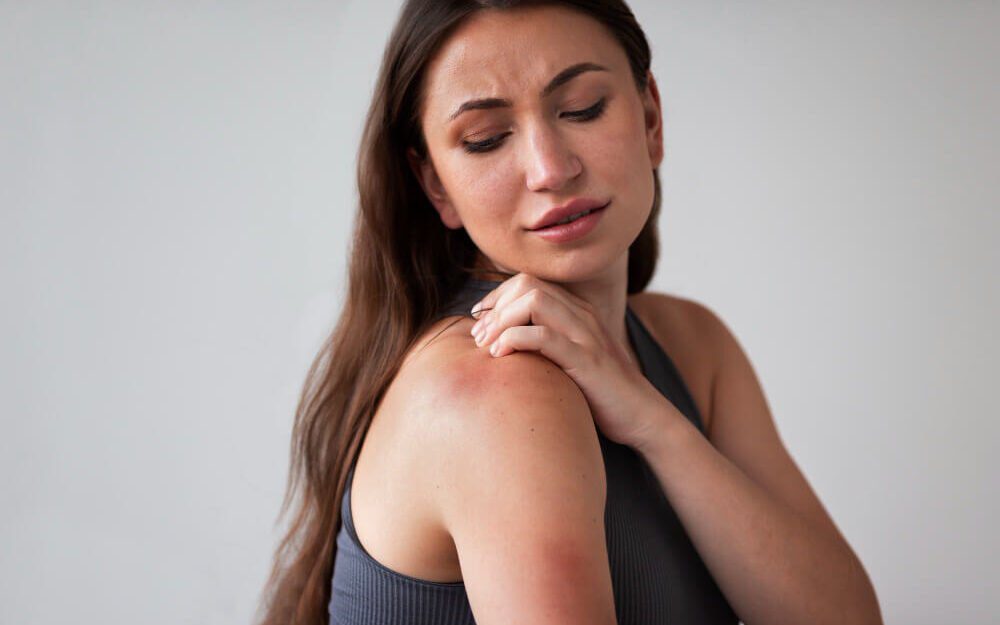
6. The Significance of Seeking Expert Counsel
While the majority of insect bites can be ameliorated through simple home remedies, there exist instances necessitating the counsel of medical professionals. Should one evince any of the ensuing symptoms, expeditious medical intervention becomes imperative:
- Excruciating Pain or Swelling: An intensifying and rapidly spreading pain or swelling post-bite might portend a severe reaction or infection.
- Allergic Reactions: The manifestation of symptoms like dyspnea, hives, or facial oedema following an insect bite may signify an allergic reaction warranting immediate medical attention.
- Fever and Chills: The emergence of fever accompanied by chills and myalgia may suggest an infection stemming from a spider bite or a mosquito-transmitted disease.
- Skin Lesions: Any bite culminating in an open sore, blister, or ulcer necessitates thorough evaluation and examination by a healthcare professional.
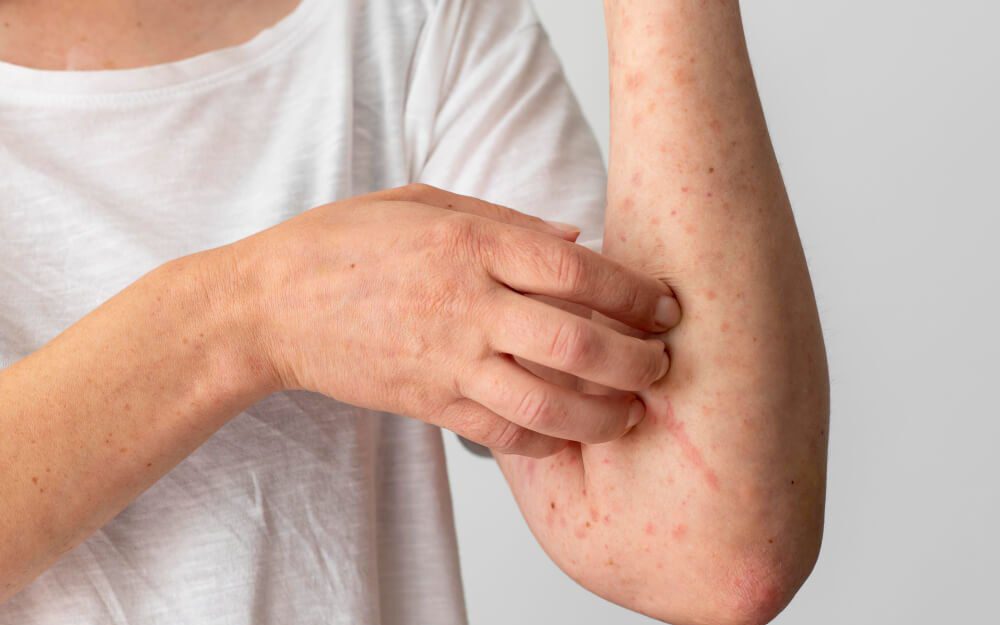
7. Epilogue: Seizing the Reins of Outdoor Adventures
Armed with extensive knowledge about spider bites and mosquito bites, you may walk out into the great outdoors with confidence and substantially reduce your chances of suffering from unfavourable bug interactions. Remember that prevention is the key, so arm yourself with the necessary measures to protect you and the people you love from the onslaught of these pestilent critters.
In the event of a bite, administer timely and appropriate first aid while keeping a close eye on the injured area. Do not hesitate to speak with an experienced doctor if you have any concerns about the severity of the bite. Your health and safety should always take precedence above everything else.
By combining the various characteristics of spider bites and mosquito bites, you will be more equipped to identify the source of your discomfort and competently take the necessary steps. Enjoy the amazing splendours of nature, freed from the fear of being bitten by an insect thanks to this insight.

